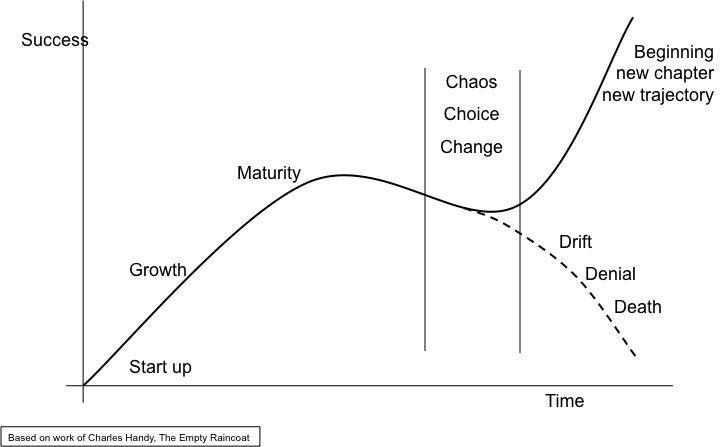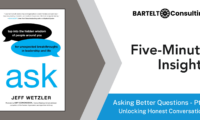If you are like me, one of your sources of energy is learning. As you reflect on your favorite college courses, “best jobs”, or most absorbing hobbies, they probably all involved an opportunity to learn and master something new. As a high performer, you spend a lot of time working, so if work is to be rewarding and a source of energy (versus a net drain), continuous learning is an important component.

We’ve all heard the phrase, “on the steep part of the learning curve”; most experts agree a typical learning curve looks like an “S” shape. At the beginning, you are on a shallower part of the “S” while you get your bearings on a new job or hobby. Then the curve gets steeper. This is when you’re learning more per day, week, or month. As you master your area, having executed numerous projects or programs within a discipline, you then on to the flatter part of the “S”. This is where you feel like you are an expert, where solutions come easier and progress is faster. It can be a very rewarding since you are highly efficient, your opinions are sought after by others, and you may be receiving accolades for your performance.
You’re on top of your game! THIS IS AWESOME…. until it’s not!
little by little, some of the shine starts to wear off and work becomes more mundane. It’s tougher to get excited about that next project, harder to get out of bed and get to work. It takes extra energy to stay focused on the task in front of you. How did you get into this funk??
“I was having a blast… What changed??”
It might be that you’ve been on the flat part of the curve too long. High-potentials like you crave the energy that come from learning, but you are no longer learning!
So, what now?? Is it time to jump onto another learning curve? But which one?
It might be that you need a side project to scratch the learning itch.
It might be that you need to make a lateral move into another business unit.
It might be that you need to try another function within your business unit.
It might be that you are ready for a promotion.
It might be time to leave the company.
Which of the above is a short-term fix versus one that really supports your long-term goals?










